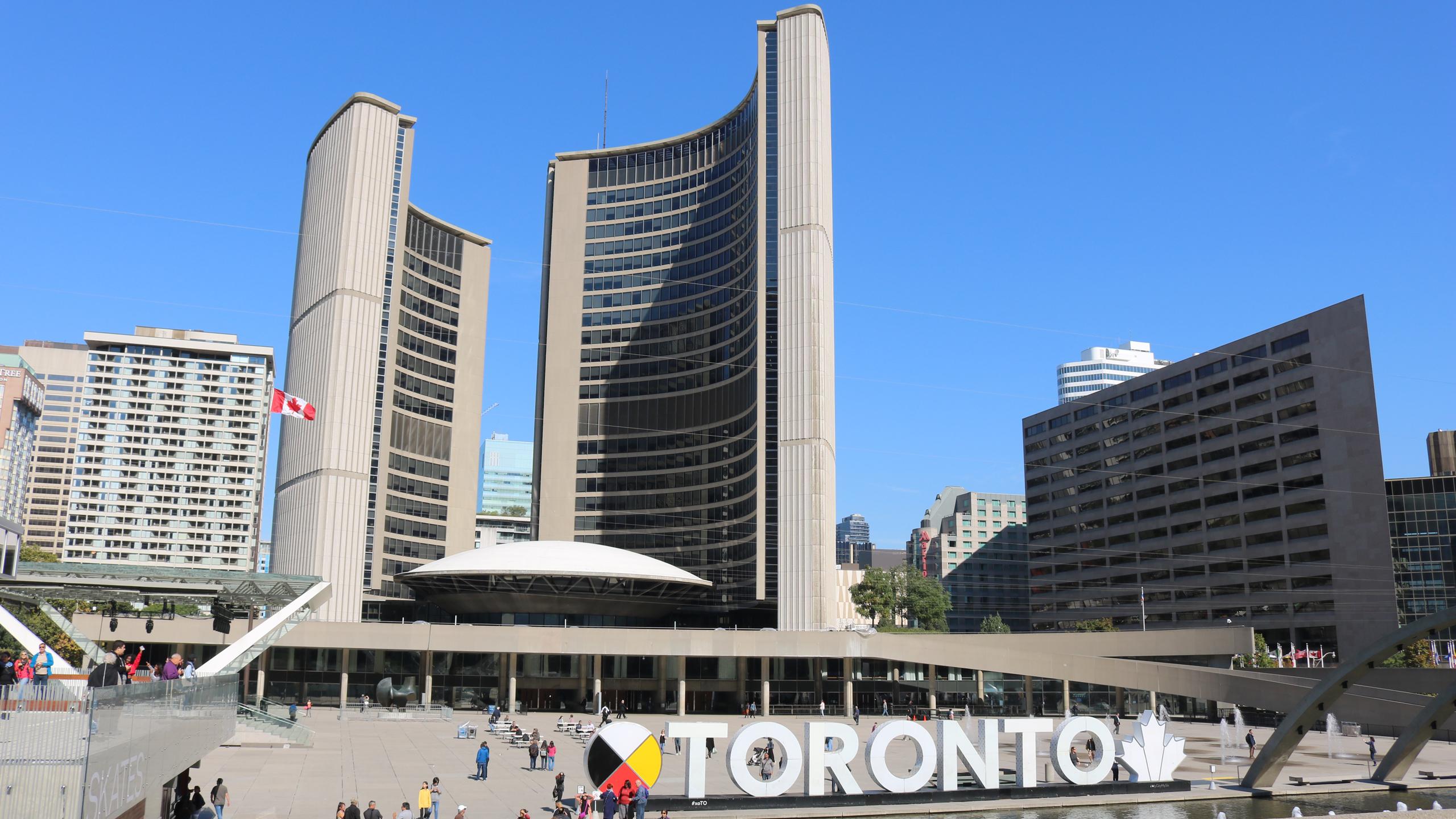By Georgia Mills
Advance voting in the upcoming Toronto election will take place over reading week—a time when lucky Ryerson University students put down their books for the beach while others return to their hometowns after Thanksgiving weekend.
Torontonians will vote in a new 25-ward map, almost half the size of council’s current 47 members, to elect council representatives and the next mayor of Toronto on Oct. 22. For those unavailable to vote the day of, advance polls will be open Wednesday, Oct. 10 through Sunday, Oct. 14. They will be open 10 a.m. to 7 p.m. daily.
Here’s what you need to know about the upcoming elections:
Mo wards, mo candidates
As a result of the provincial government’s changes to downsize council, Ryerson will no longer be in Ward 27. Campus will be in Ward 13, a geographically larger and more jam-packed district than the former. It will include parts of previous wards 21, 22, 23, 25 and 36. The new borders will run along Charles Street and Rosedale Valley in the north, Don Valley Parkway South in the east, Mill Street in the south and Bay Street to the west.
There are 19 candidates running for the councillor position that will oversee campus.
Kristyn Wong-Tam, who was elected to city council in 2010, is the current councillor for Ryerson’s ward. Her re-election platform centres around investing in active forms of transportation and increasing affordable housing.
Among the 18 candidates running against the incumbent is community activist Walied Khogali, George Brown College professor Jon Callegher and Lucy Troisi, the current councillor for Ward 28.
Your mayoral candidates
Although there are 35 candidates running to be the next Toronto city mayor, you’ve probably only heard of four of them: Sarah Climenhaga, Jennifer Keesmaat, Saron Gebresellassi and current mayor John Tory. Neo-nazi Faith Goldy is also running. Gebresellassi is a 2008 Ryerson graduate who currently works as a human rights lawyer.
Must be 18 to vote
Anyone 18 or older who lives in the City of Toronto is eligible to cast a ballot. That includes students in residence, those who live downtown and commuters from uptown.
The candidates for councillor understand that students are a major part of Toronto’s downtown core—a recognition that seems to unify their entirely unique individual platforms.
Where you vote is based on where you live within your electoral district. You can only vote at the polling station assigned to you, so make sure to look up your ward on the myvote.toronto.ca website.
What to bring to the polls
If you’ve registered in advance online, you’ll be on the Voters’ List and will receive a Voter Information Card in the mail. From there, it’s easy. Bring your Voter Information Card and one piece of ID that has your name on it to vote.
For those of you who don’t plan months ahead of schedule, you can still vote too! All you need is proof of identification and proof that you live at a Toronto address. Remember: passports don’t count. Make sure that you have at least two forms of identification if you want your vote to count.
With files from the News Team.
A former version of this story stated that you can look up a ward on the Elections Ontario website. This story has been updated to clarify that wards can be searched on the myvote.toronto.ca website. The Eye regrets this error.










Leave a Reply